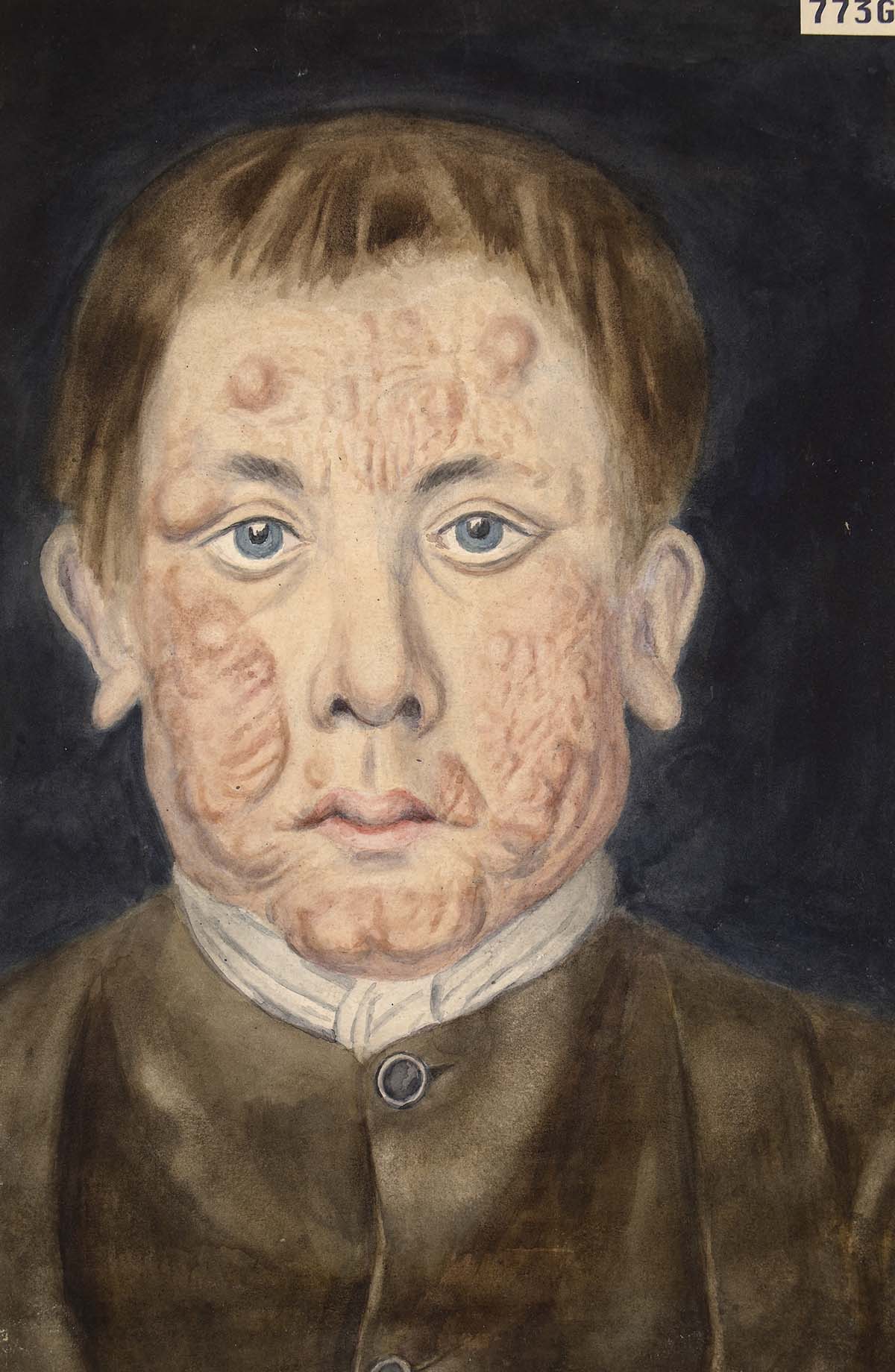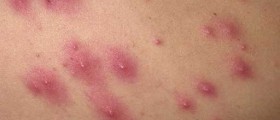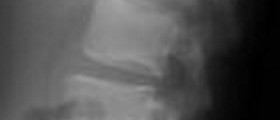
An infection of a hair follicle is better known as a boil.
Boils must be treated hastily in order to stop the spread of bacteria into other parts of the body and not causing of secondary infections as a result.
A very common infection that is usually associated with boils is called cellulites. It occurs in the deeper layers of the skin and should be treated with antibiotics.
Some other secondary infections includes infections of the joints, the lining of the heart, and blood infections, usually referred to as blood poisoning.
All of these conditions can be potentially very serious and a hospital stay will be needed, complete with intravenous antibiotics.
Boils are usually caused by hair follicles being infected by bacteria, which usually live on the skin or inside the throat and nose.
Skin protects the body from bacteria, but sometimes bacteria sneaks in through cuts and scrapes in the skin or through the tiny holes in the skin from which hair grows, the so-called follicles.
Once the bacteria infects the skin, the response of the body’s defense system will be to send into white blood cells to kill the infection. This combination of dead bacteria, dead white blood cells,, and dead skin cells make a boil. These three ingredients together form what most know as pus.
People who have diabetes are at a higher risk of boils, as are people with weaken immune systems result from HIV infections, or steroids and chemotherapy. People who already have skin problems, such as acne, are also more susceptible to boils.
A doctor will be able to diagnose a boil just by looking at it. If a person is already taking antibiotics and the boils keep coming back, then further tests will be needed. The doctor will usually take a cotton swab of the tissue and look at it under a microscope.
The best way to prevent boils is to wash the skin regularly with anti-bacterial soap that is mild and to clean all cuts thoroughly no matter how small they may be. Also, once the cuts are clean, keep them covered with bandages until they heal in order to reduce the risk of infection.
A health diet will also help as will regular exercise. Generally, everything that helps improve the immune system is a good method for preventing boils and infections resulting from them.
As mentioned previously, the only real complications from boils are the result of infections that result from not treating the boils correctly.

















Your thoughts on this
Loading...